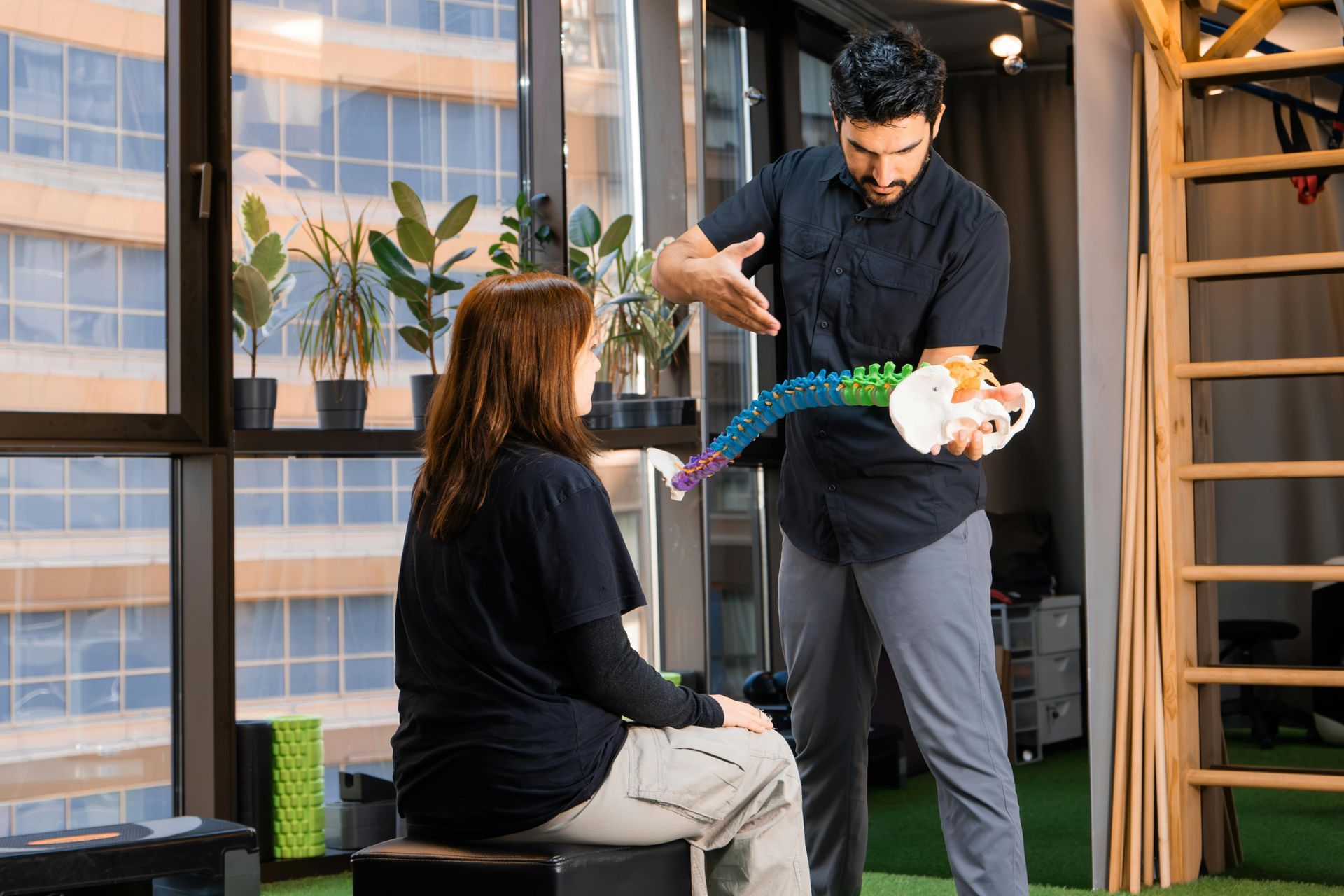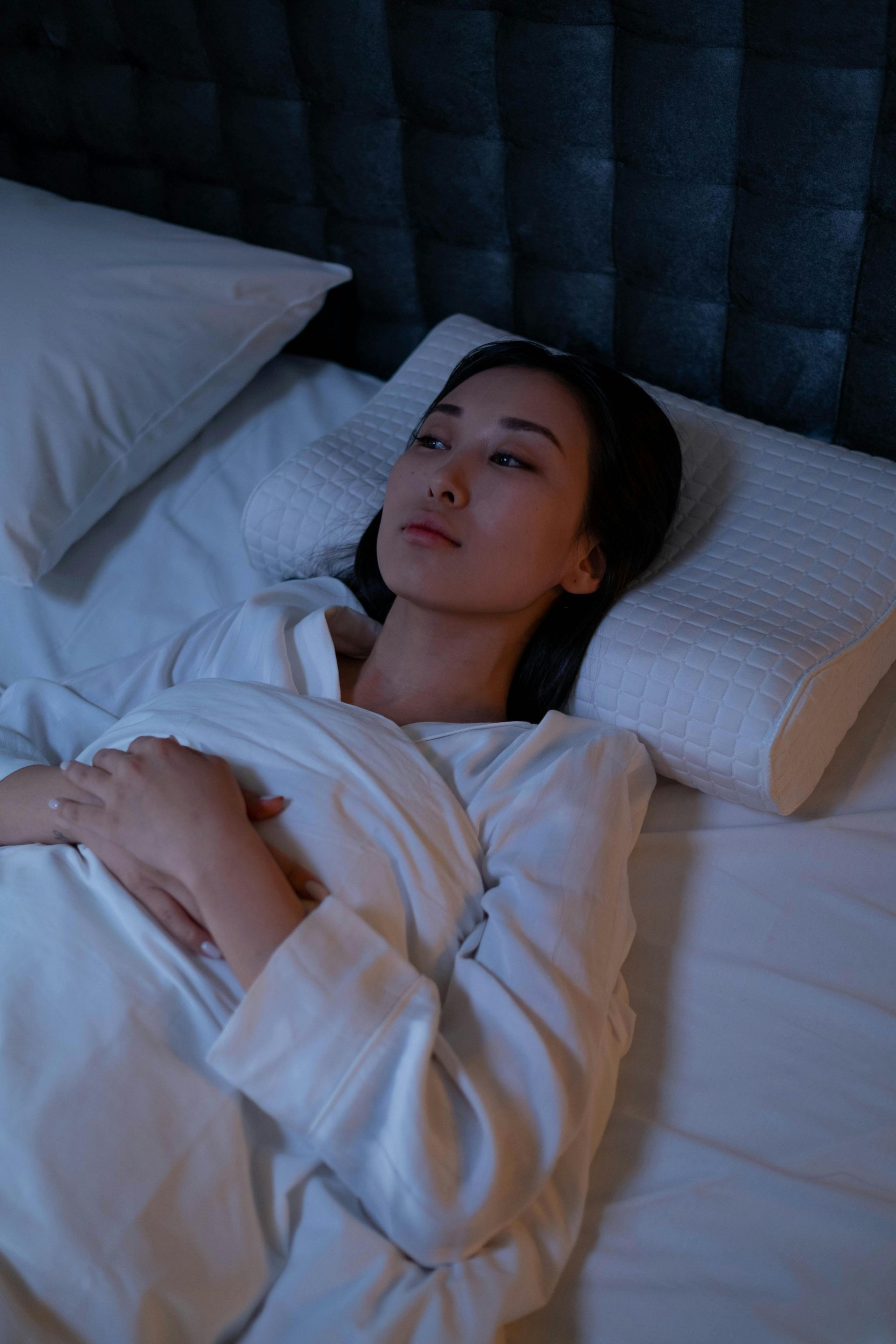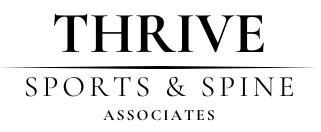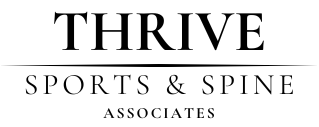Are You Stretching the Wrong Muscles? Understanding the Lateral Subsystem and Pelvic Stability

Are You Stretching the Wrong Muscles? Understanding the Lateral Subsystem and Pelvic Stability
When it comes to lower back discomfort, hip tightness, or chronic groin strain, many patients instinctively reach for stretches. But what if the muscles you're trying to stretch are already overstretched—and the problem lies elsewhere?
One overlooked contributor to these issues is dysfunction within the lateral subsystem, a group of muscles responsible for stabilizing the pelvis and spine in the coronal (side-to-side) plane.
What Is the Lateral Subsystem?
The lateral subsystem involves a dynamic network of muscles that stabilize your pelvis and lumbar spine during single-leg activities, walking, and side-to-side movement. It’s made up of:
- Quadratus Lumborum (QL) – stabilizes and “hikes” the pelvis
- Gluteus Medius – provides lateral hip stability
- Adductors – connect the pelvis and femur, supporting balance and control
These muscles form functional slings that work in coordination between opposite sides of the body. For example, your left QL will engage when you balance on your right leg, helping lift the opposite hip and keep your spine aligned.
Common Signs of Lateral Subsystem Dysfunction
When this system isn’t functioning properly, the following compensations and symptoms may occur:
- Trendelenburg Sign – A noticeable drop of the pelvis on one side while standing on the opposite leg
- Lateral Flexion Bias – Overuse of the lumbar spine during movement instead of the hips
- L5 Disc Involvement – May inhibit glute activation and lateral stability
- Unilateral Low Back Pain – Persistent tightness or discomfort due to uneven loading of the QL
- Recurring Groin Strains – Often on the same side as a dysfunctional hip hike
Are You Stretching the Wrong Muscles?
If you find yourself constantly stretching the same areas without relief, it might be time to take a different approach.
You may not need more stretching—you may need better function.
Let us help. At Thrive Sports and Spine, we specialize in identifying and correcting muscular imbalances using evidence-based assessments and individualized care plans.
Book an appointment today and get to the root of your discomfort.












